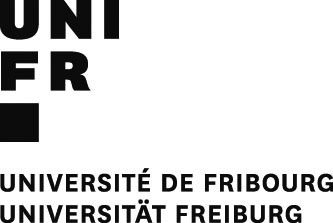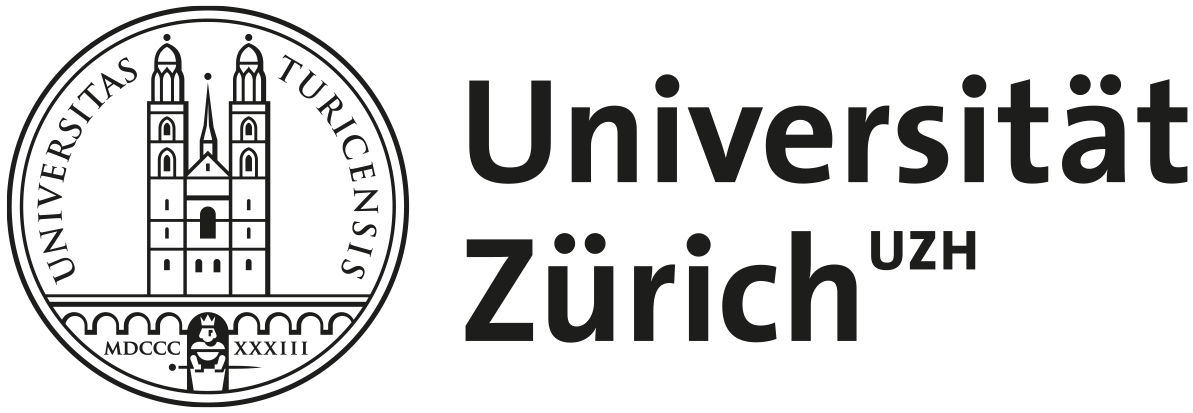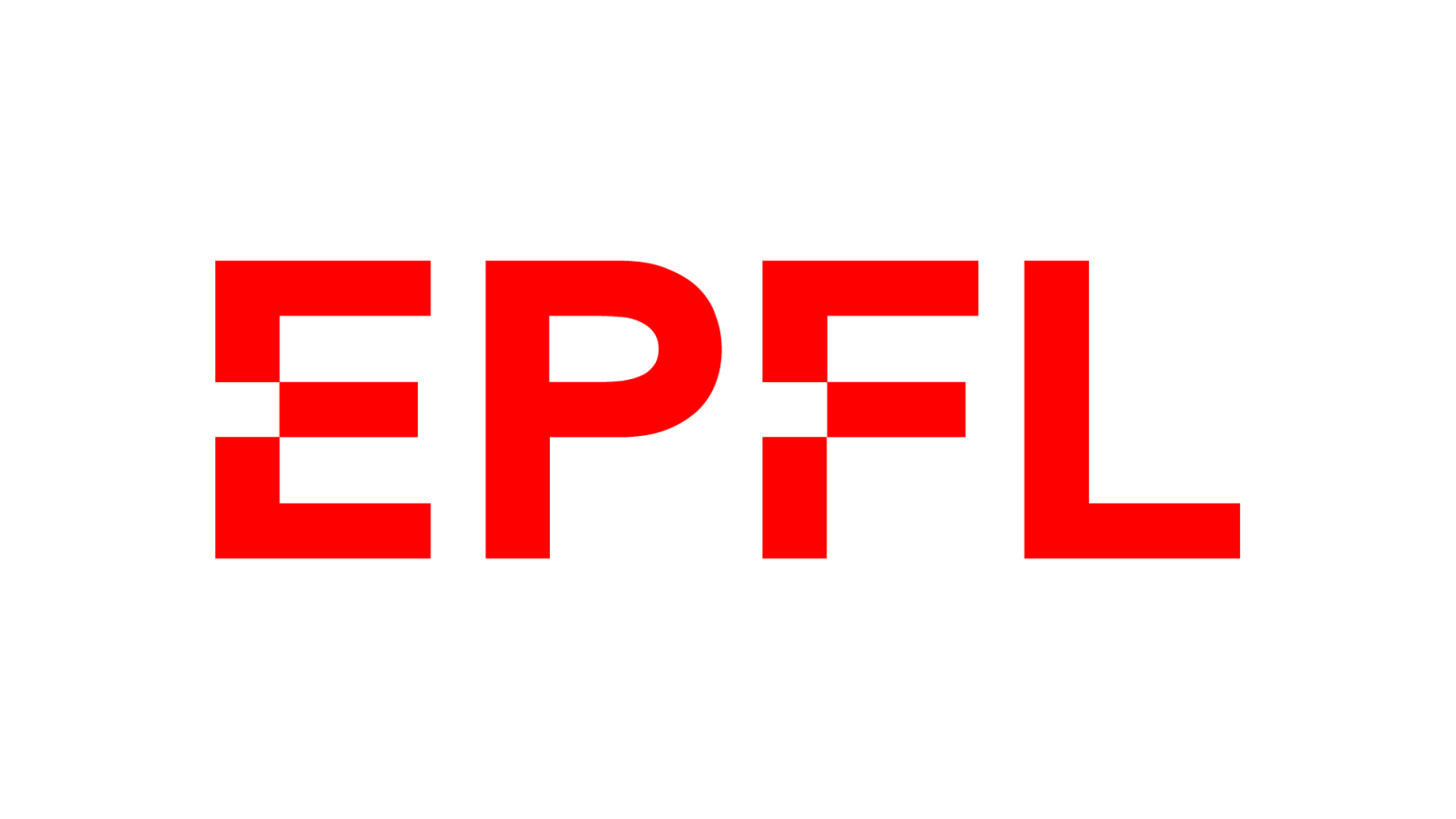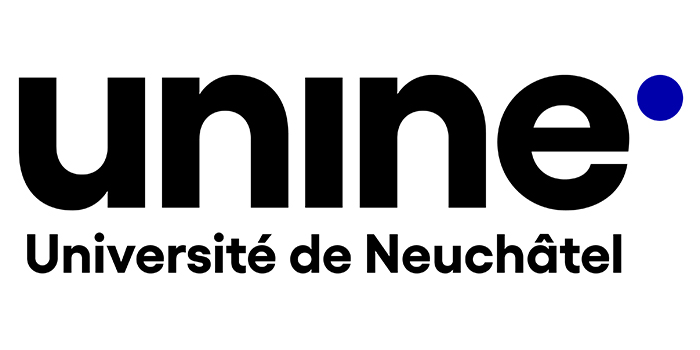Around your studies
Studying is not just about acquiring knowledge in lectures, seminars and examinations. New experiences, insights and acquaintances expand your horizons – both personally and professionally. At universities, there are all kinds of options for leisure, studying and career development.
Semester abroad
A semester abroad is a unique experience. It enriches your course of study, as knowledge is always conveyed in an institutional context. In some cases, students also improve their language skills and learn skills such as organisation or independence.
It is not an easy step to take, and sparks all kinds of questions: how can I finance this? How can I keep my part-time job after my exchange semester? Can I keep my scholarship even though I’m going abroad? I have family obligations: how can I combine them with a semester abroad? These questions may also be discussed with your university’s department of international relations or mobility and the financial office.
A semester abroad should be planned well in advance. You should also confirm the conditions with the scholarship office if you want to maintain your entitlement to a scholarship during your semester abroad.
Advice centres for international relations : EPFL, ETHZ, HSG, UniBe, UniFr, UniGe, UniLu, UniNE, USI, UZH
Finding mentors and role models
It is important to talk to people we see as role models and to make them our mentors. There’s no standard way to find mentors. They don’t necessarily have to be people who have a background like yours. They can be various people: students, faculty members and people within or outside academia. Often, your mentor is someone different at each stage of life: a teacher from secondary school, a student or an academic, people from the private sector, etc.
Language courses
Language skills are important for professional life. Language courses in various formats are available at most universities’ and universities of applied sciences’ language centres during the semesters and semester breaks. At some universities, the courses are free of charge for students. This is not the case for all universities, however. Scholarships also provide language courses in some instances.
University language centers : EPFL, ETHZ, HSG, UniBe, UniFr, UniGe, UniLu, UniNe, USI, UZH
Volunteer
There are many options for volunteering. At university, there are all kinds of opportunities to get involved and receive ECTS credits in exchange. This enables many first-generation students to contribute to various charitable causes and issues relating to university policy, in addition to handling the challenge of balancing study and work.
University sports and cultural activities
University sports and cultural activities offer a different way to experience university and contribute to health and well-being. This covers everything from gym sessions to group courses and team sports, while cultural activities range from movie nights to theatre visits. They offer a chance for students from various study programmes to network and get to know each other.
Provision at universities: EPFL, ETHZ, HSG, UniBe, UniFr, UniGe, UniLu, UniNe, USI UZH
Panel discussions and guest lectures
Public lectures, panel discussions or guest lectures take place within individual departments and offer a public, scholarly exchange of ideas on various academic topics. These events often take place in the evening.
Information about the events can be found on the faculties’ and universities’ websites.
Preparing to start your career
You can get ready to enter the world of work step by step during your degree:
Degree planning: your course can be shaped in such a way that certain specialisations emerge. The programme you choose can be decisive for this, but so too can your choice of dissertation topic (be it for your seminar, bachelor’s or master’s theses). These elements can be spotlighted when looking for a job or in an academic career. However, this does not mean that everything has to be planned and determined in advance.
Internship: courses at universities of applied sciences are vocational and include several integrated internships. This is not the case with a university degree, so it may make sense to do an internship during your studies. This allows you to gain work experience and see which career options may be of interest after graduation. Support and tips for finding internships are also offered by universities’ career services. Under certain conditions, ECTS can be applied for in recognition of completed internships during master’s programmes and some bachelor’s degrees. This can be very important for students who have to invest a lot of time in part-time jobs or are entitled to scholarships.
Initial work experience during your studies: students can also gain initial work experience during advanced degrees and thus better reconcile part-time jobs with their course of study. For example, universities offer positions for student assistants, which are published on the universities’ internal job portals. Involvement with student associations is also sometimes remunerated. Additionally, there are positions outside of universities that make it possible to gain valuable knowledge and skills for starting a career in a professional environment. Here, too, university career services offer advice and support in finding a job.
University career services: EPFL, ETHZ, HSG, UniBe, UniFr, UniGe, UniLu, UniNe, USI, UZH










